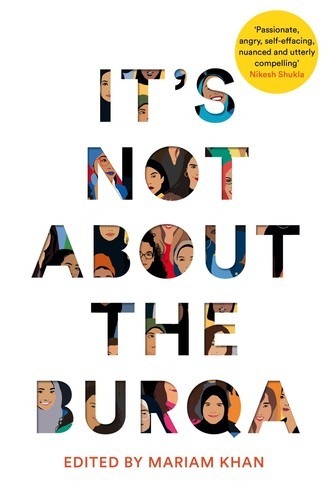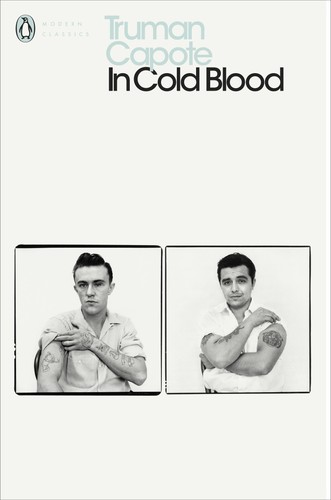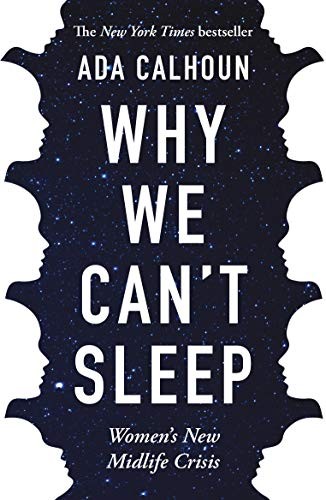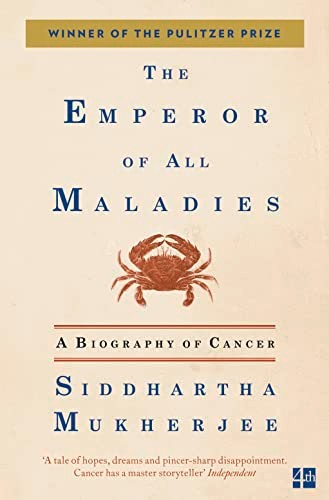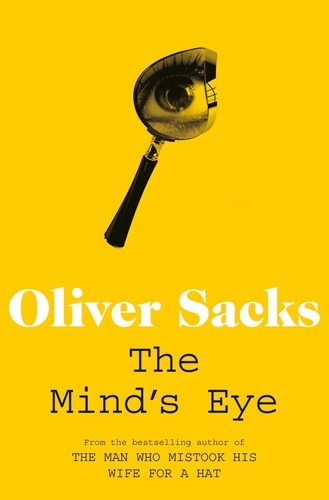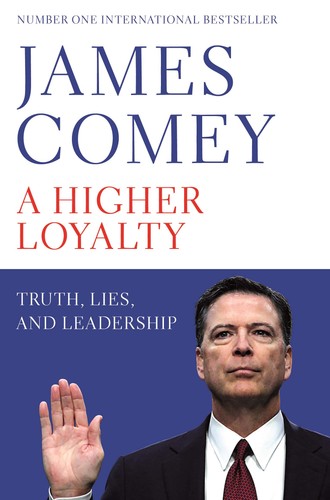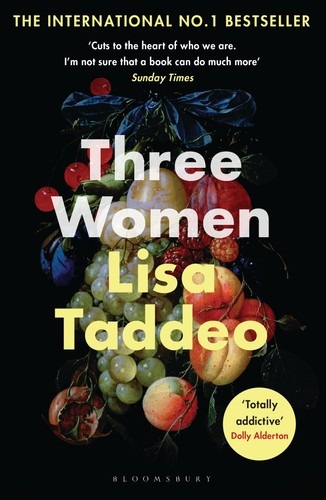It’s Not About the Burqa: Muslim Women on Faith, Feminism, Sexuality and Race
2.300,00 د.ج
It’s Not About the Burqa is an anthology of frank and insightful essays by Muslim women about the contemporary Muslim female experience.
‘Passionate, angry, self-effacing, nuanced and utterly compelling in every single way’ – Nikesh Shukla, editor of The Good Immigrant
When was the last time you heard a Muslim woman speak for herself without a filter?
In 2016, Mariam Khan read that David Cameron had linked the radicalization of Muslim men to the ‘traditional submissiveness’ of Muslim women. Mariam felt pretty sure she didn’t know a single Muslim woman who would describe herself that way. Why was she hearing about Muslim women from people who were neither Muslim, nor female?
Years later the state of the national discourse has deteriorated even further, and Muslim women’s voices are still pushed to the fringes – the figures leading the discussion are white and male.
Taking one of the most politicized and misused words associated with Muslim women and Islamophobia, It’s Not About the Burqa is poised to change all that. Here are voices you won’t see represented in the national news headlines: seventeen Muslim women speaking frankly about the hijab and wavering faith, about love and divorce, about feminism, queer identity, sex, and the twin threats of a disapproving community and a racist country.
With a mix of British and international women writers, from activist Mona Eltahawy’s definition of a revolution to journalist and broadcaster Saima Mir telling the story of her experience of arranged marriage, from author Sufiya Ahmed on her Islamic feminist icon to playwright Afshan D’souza-Lodhi’s moving piece about her relationship with her hijab, these essays are funny, warm, sometimes sad, and often angry, and each of them is a passionate declaration calling time on the oppression, the lazy stereotyping, the misogyny and the Islamophobia.
What does it mean, exactly, to be a Muslim woman in the West today? According to the media, it’s all about the burqa.
Here’s what it’s really about.
Shortlisted for Foyles Non-Fiction Book of the Year
‘Engrossing . . . fascinating . . . courageous’ – Observer
It’s Not About the Burqa is an anthology of frank and insightful essays by Muslim women about the contemporary Muslim female experience.
‘Passionate, angry, self-effacing, nuanced and utterly compelling in every single way’ – Nikesh Shukla, editor of The Good Immigrant
When was the last time you heard a Muslim woman speak for herself without a filter?
In 2016, Mariam Khan read that David Cameron had linked the radicalization of Muslim men to the ‘traditional submissiveness’ of Muslim women. Mariam felt pretty sure she didn’t know a single Muslim woman who would describe herself that way. Why was she hearing about Muslim women from people who were neither Muslim, nor female?
Years later the state of the national discourse has deteriorated even further, and Muslim women’s voices are still pushed to the fringes – the figures leading the discussion are white and male.
Taking one of the most politicized and misused words associated with Muslim women and Islamophobia, It’s Not About the Burqa is poised to change all that. Here are voices you won’t see represented in the national news headlines: seventeen Muslim women speaking frankly about the hijab and wavering faith, about love and divorce, about feminism, queer identity, sex, and the twin threats of a disapproving community and a racist country.
With a mix of British and international women writers, from activist Mona Eltahawy’s definition of a revolution to journalist and broadcaster Saima Mir telling the story of her experience of arranged marriage, from author Sufiya Ahmed on her Islamic feminist icon to playwright Afshan D’souza-Lodhi’s moving piece about her relationship with her hijab, these essays are funny, warm, sometimes sad, and often angry, and each of them is a passionate declaration calling time on the oppression, the lazy stereotyping, the misogyny and the Islamophobia.
What does it mean, exactly, to be a Muslim woman in the West today? According to the media, it’s all about the burqa.
Here’s what it’s really about.
Shortlisted for Foyles Non-Fiction Book of the Year
‘Engrossing . . . fascinating . . . courageous’ – Observer
| Editeur |
|---|
Produits similaires
In Cold Blood
An alternate cover of this ISBN can be found here.
Why We Can’t Sleep: Women’s New Midlife Crisis
Calhoun decided to find some answers. She looked into housing costs, HR trends, credit card debt averages and divorce data. At every turn, she saw a pattern: sandwiched between the Boomers and the Millennials, Gen X women were facing new problems as they entered middle age, problems that were being largely overlooked.
Speaking with women across America about their experiences as the generation raised to 'have it all,' Calhoun found that most were exhausted, terrified about money, under-employed, and overwhelmed. Instead of their issues being heard, they were told instead to lean in, take 'me-time' or make a chore chart to get their lives and homes in order.
In Why We Can't Sleep, Calhoun opens up the cultural and political contexts of Gen X's predicament and offers solutions for how to pull oneself out of the abyss - and keep the next generation of women from falling in. The result is reassuring, empowering and essential reading for all middle-aged women, and anyone who hopes to understand them.
An Anthropologist on Mars
The Mind’s Eye
A Higher Loyalty: Truth, Lies, and Leadership
Three Women: A BBC 2 Between the Covers Book Club Pick
All Maggie wanted was to be understood. How did she end up in a relationship with her teacher and then in court, a hated pariah in her small town?
All Sloane wanted was to be admired. How did she end up a sexual object of men, including her husband, who liked to watch her have sex with other men and women?
Three Women is a record of unmet needs, unspoken thoughts, disappointments, hopes and unrelenting obsessions.

